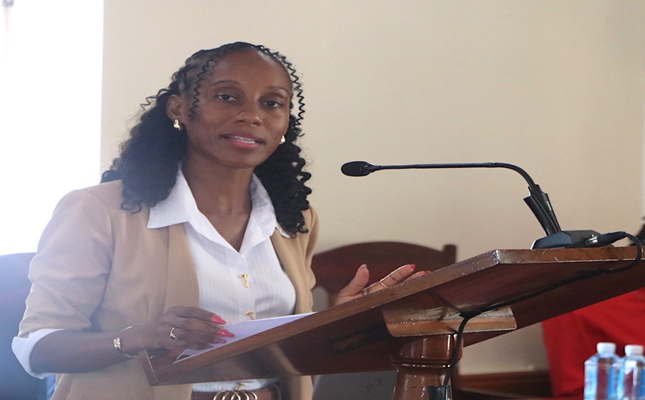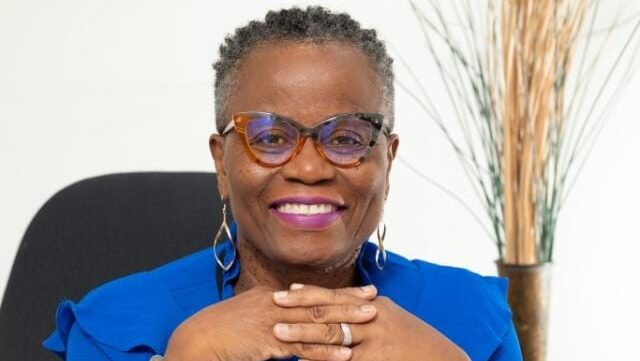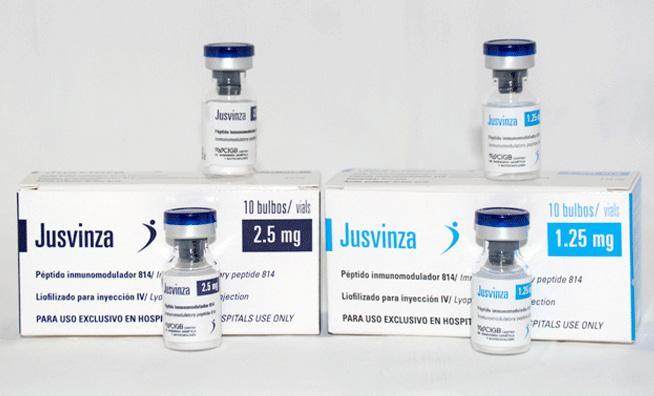A startling personal account from Belize has highlighted the severe public health crisis of early-age substance exposure. Lee Henkis, now in recovery, reveals he was first introduced to alcohol, cigarettes, and marijuana at just nine years old by an adult within his household.
Henkis describes how substance use derailed his academic potential and personal life. “It affected my life profoundly,” he stated. “I demonstrated strong aptitude in biology, but negative social influences led me toward destructive habits of drinking and smoking, resulting in severe self-neglect.” His addiction eventually eroded family trust and precipitated mental health struggles, compounded by a diabetes diagnosis three years ago.
His path to recovery began at Remar Belize, a rehabilitation facility co-directed by Felicia Hill. Hill identifies accessibility and affordability as primary drivers of addiction. “The inexpensive alcohol varieties remain highly accessible,” Hill explained. “Individuals must recognize the severe damage these substances inflict on both physical health and mental wellbeing.”
This testimony emerges alongside concerning data indicating numerous Belizeans initiate alcohol consumption before age ten, often continuing into adolescence. Hill advocates for heightened community responsibility, urging retailers to rigorously verify age through official identification.
Health authorities emphasize that alcohol dependence constitutes a medical condition rather than mere behavioral failure. Dr. Lila Estephan, Non-Communicable Disease Coordinator at Belize’s Ministry of Health and Wellness, clarified: “Alcoholism is a legitimate disease. Blaming consumers misunderstands the condition’s clinical nature.”
Henkis mourns childhood friends lost to excessive alcohol consumption, recalling their consumption of high-potency, inexpensive alcohol known locally as “badman,” often consumed nearly undiluted. Having maintained sobriety for two and a half years, his story now serves as both warning and inspiration within Belize’s public health landscape.
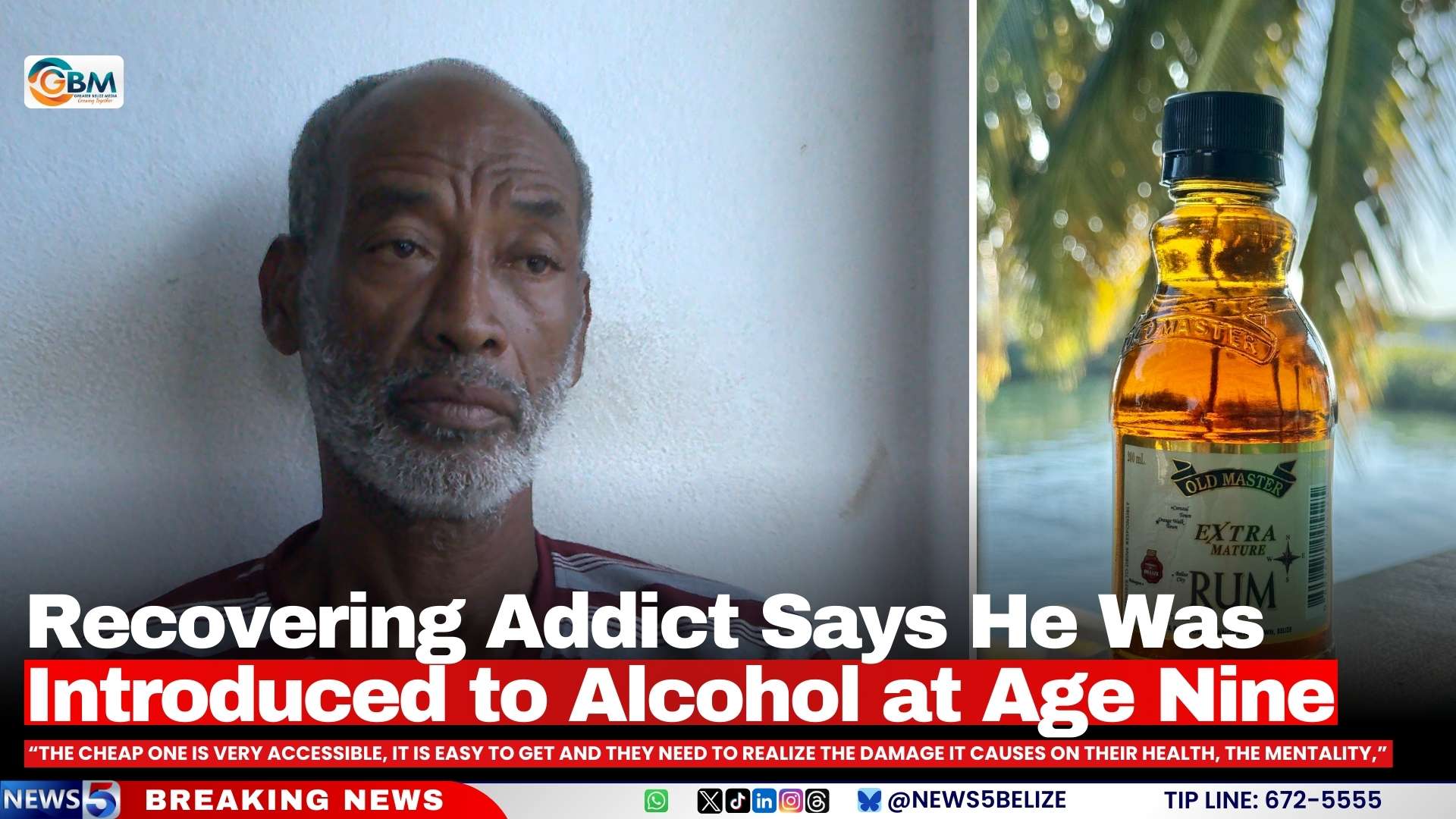

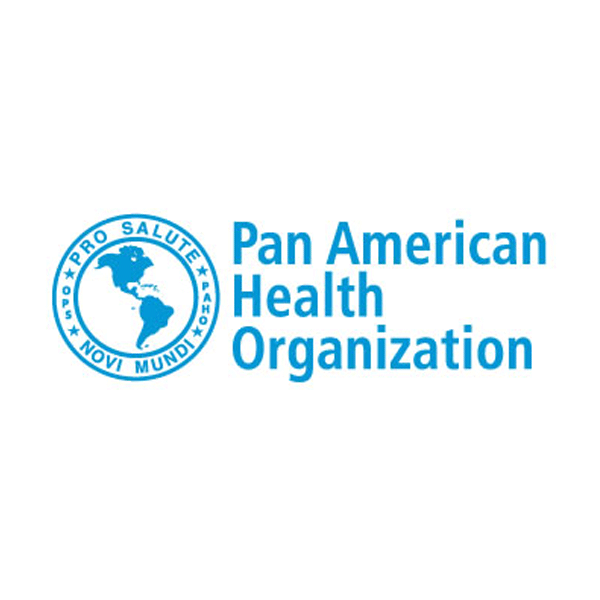
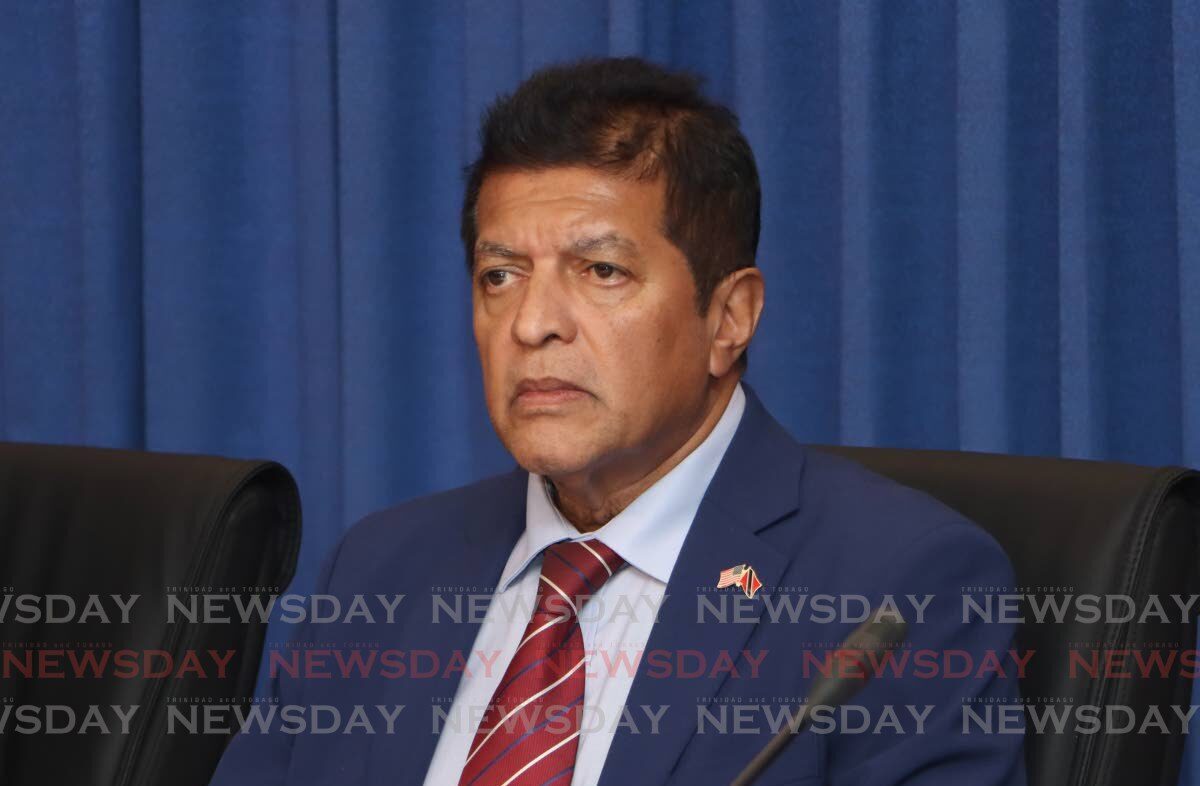
![[UPDATED] Hislop on cancer diagnosis: Testing saves lives](https://wp.caribscopeonline.com/wp-content/uploads/2025/12/9a77cb4cdb2a41ca49872422c761b0c3.jpg)
